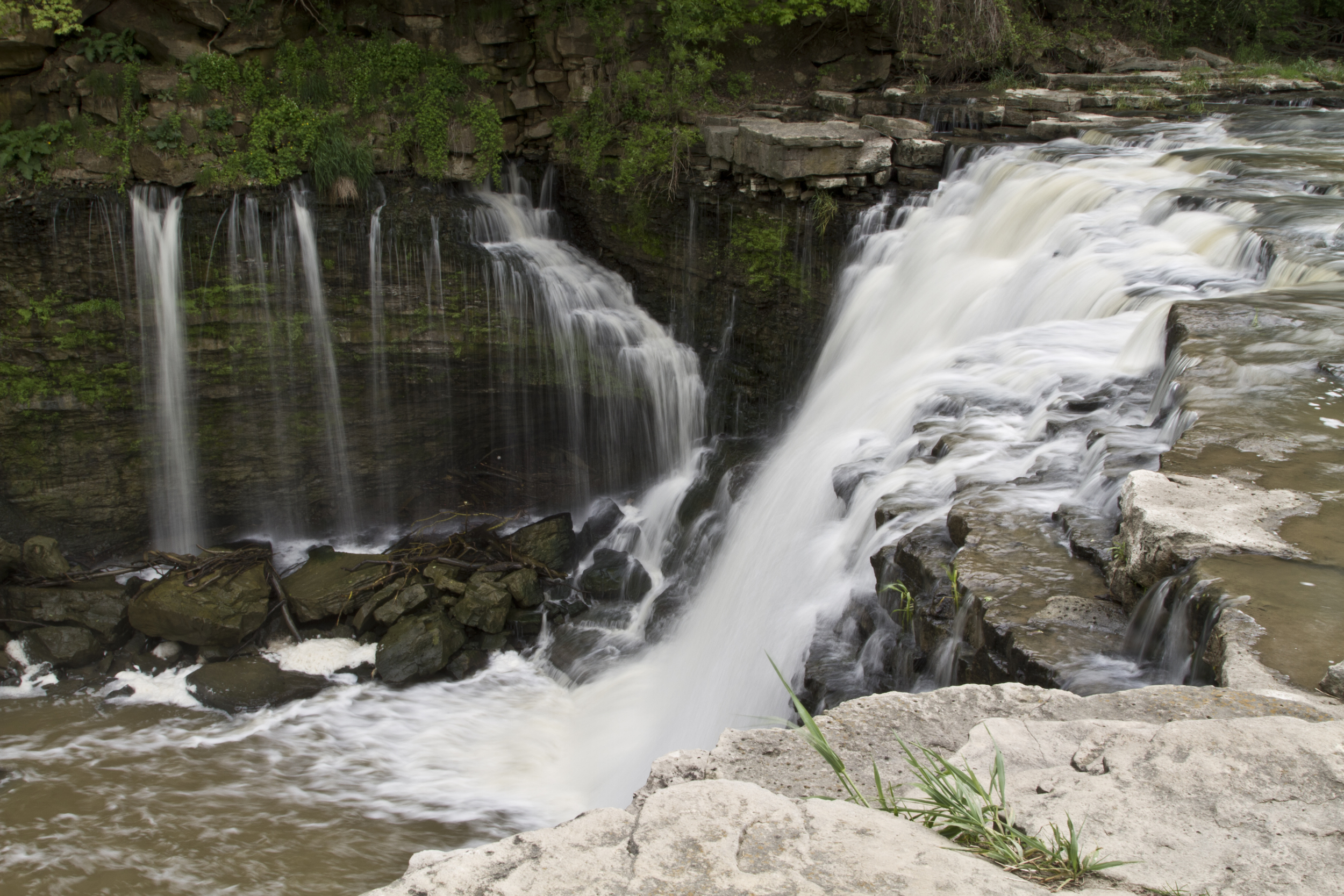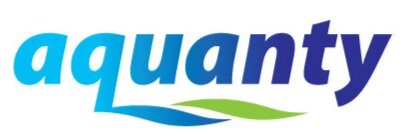


HGS RESEARCH HIGHLIGHT – An adaptive zone-based refinement method for characterizing a highly complex aquifer system model
This new paper by Aquanty senior scientist Hyoun-Tae Hwang introduces an innovative new method to iteratively refine model meshes based on model sensitivity and uncertainty, as calculated by PEST. The paper presents an initial proof-of-concept for this new method, based on the K-COSEM test site located in Eumseong-gun, South Korea.
HGS RESEARCH HIGHLIGHT - Integrating hydrological modelling, data assimilation and cloud computing for real-time management of water resources
Online data acquisition, data assimilation and integrated hydrological modelling have become more and more important in hydrological science. In this study, we explore cloud computing for integrating field data acquisition and stochastic, physically-based hydrological modelling in a data assimilation and optimisation framework as a service to water resources management. For this purpose, we developed an ensemble Kalman filter-based data assimilation system for the integrated hydrological model HydroGeoSphere, which is able to run in a cloud computing environment.
HGS Parallelization - Best Practices
Fully-integrated hydrologic simulations, such as those performed with HydroGeoSphere, involve highly nonlinear processes, and thus the computational efficiency of the model becomes a critical issue for those performing hydrologic simulations. HGS was parallelized by Hwang et al., 2014 to over come this challenge.
The post summarizes how to setup a parallel HGS simulation, as well as some general best practices for running a parallel simulation.
